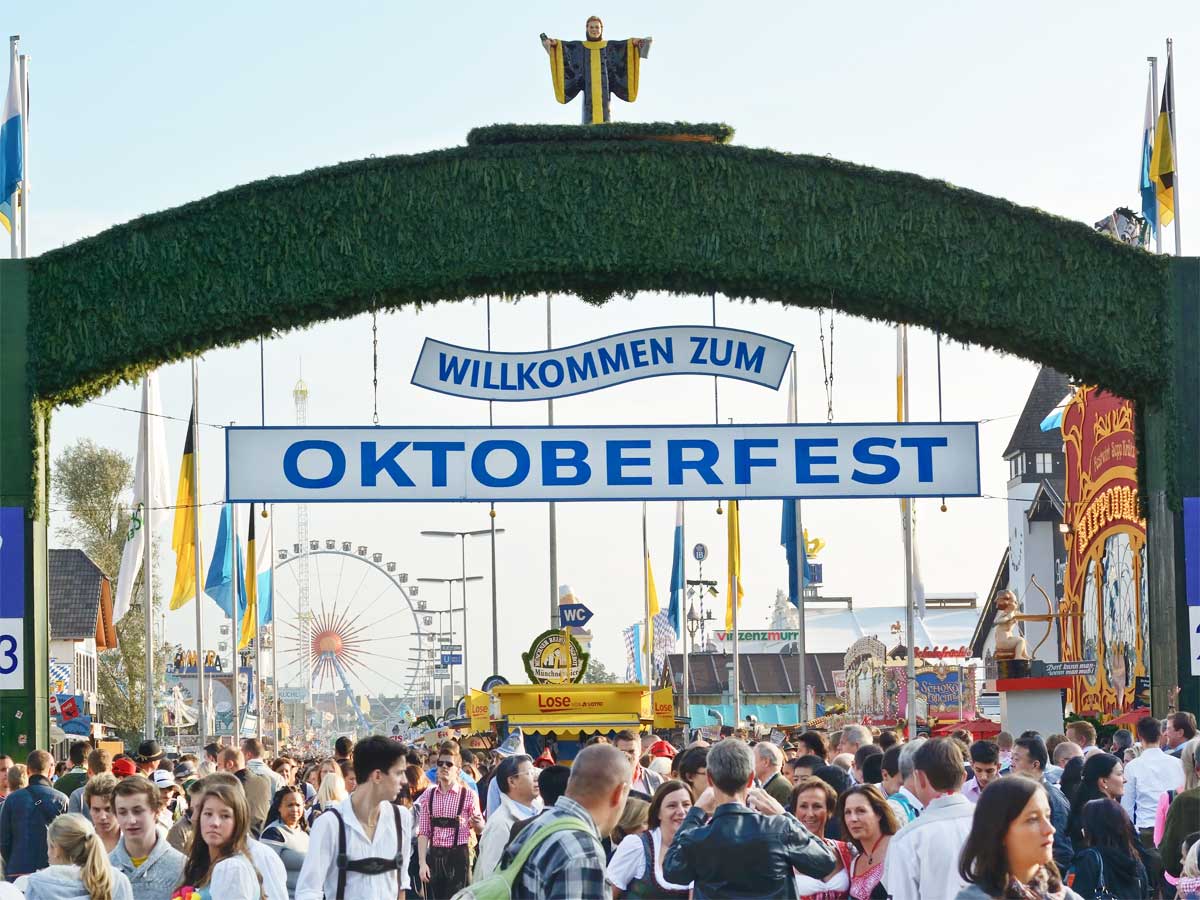Since this is early spring and I guess around the time when Oktoberfest beers were made it got me wondering - does anyone know why it was illegal in Germany in the "olden days" to brew in the summer? I could guess it was a way to fight the increased possiblity of infections due to the warmer weather but that is - like I said - only a guess. I'm sure I could somehow research this question but I thought maybe someone out there knew the answer.
Any German brewing historians out there? Bitte?
Any German brewing historians out there? Bitte?


 That's OK, Bro! I must have been corn-fused!
That's OK, Bro! I must have been corn-fused!